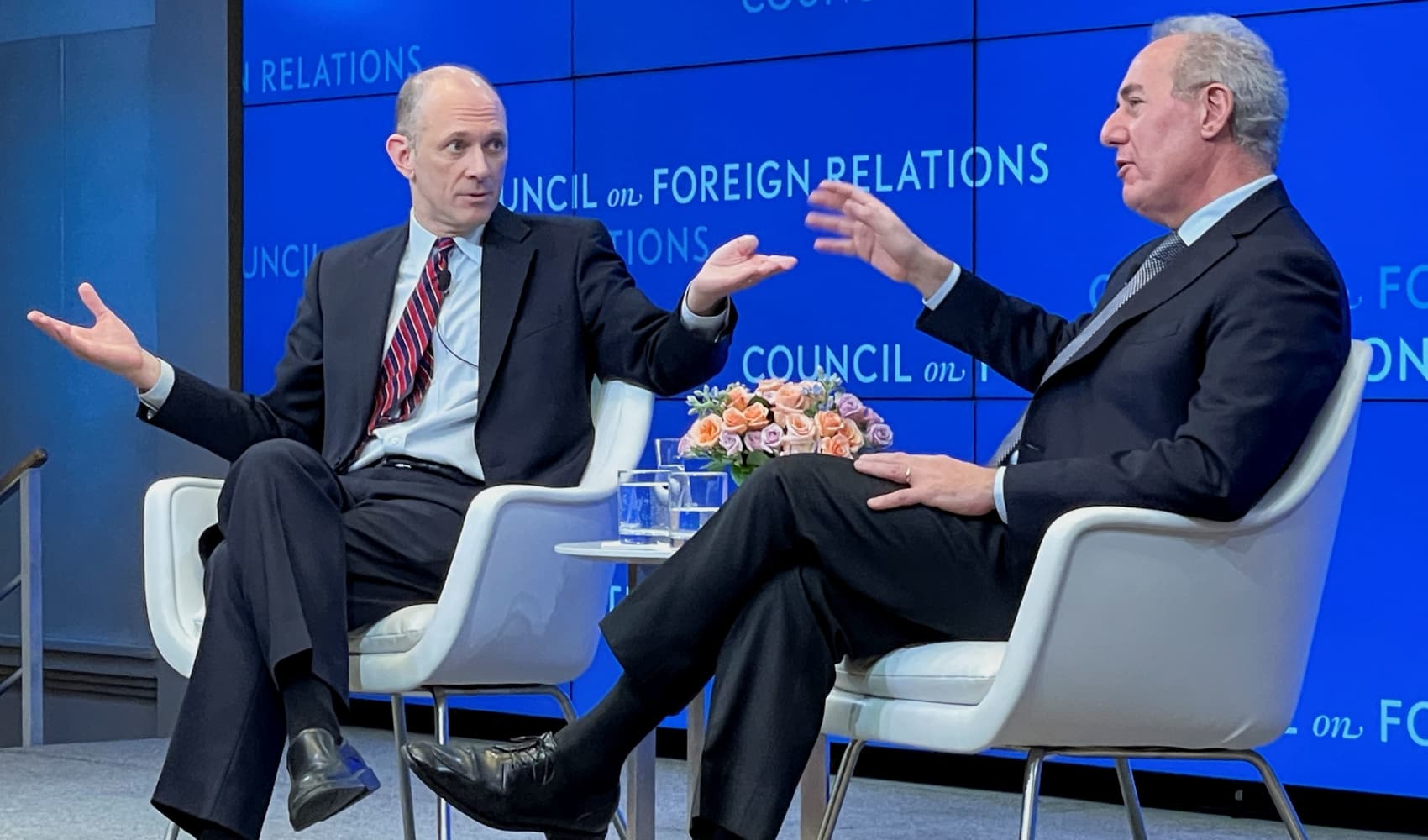
- The VA health system provides care for 9 million veterans each year at its nearly 1,300 facilities.
- However, it generally does not cover care outside that network.
- Medicare, which is accepted by many health-care providers, can come with late-enrollment penalties if you don't sign up when you are first eligible and change your mind later.
For military veterans, turning 65 can come with a health-care decision: Whether to sign up for Medicare.
Those who use Tricare and plan to enroll in Tricare for Life — an insurance program administered by the Defense Department — generally have no choice: The latter is only available in conjunction with Medicare Part A (hospital coverage) and Part B (outpatient care coverage). Yet for vets who rely on benefits from the Veterans Health Administration, the decision could be less clear.
"My dad is a Vietnam-era war veteran and when he was turning 65, he asked me if he should just use the VA and save those premiums for Part B and D [prescription drug coverage]," said Danielle Roberts, co-founder of insurance firm Boomer Benefits.
Feeling out of the loop? We'll catch you up on the Chicago news you need to know. Sign up for the weekly Chicago Catch-Up newsletter here.
"He didn't want to spend the money but I insisted and … I've been very glad I did," Roberts said.
The VA health system provides care for 9 million veterans each year at its 1,293 facilities, including 171 medical centers and more than 1,112 outpatient sites across the country.
However, it generally doesn't cover care outside of those locations.
Money Report
"If you have just the VA coverage, and they can't see you until next week, you'll be stuck," Roberts said. "But if you're enrolled in Medicare Parts A and B, you'd have an option for non-VA treatment at another hospital or doctor's office."
Many health-care providers accept Medicare. The VA itself encourages vets — whose VA coverage can differ from person to person depending on their health and military service history — to sign up as soon as they are eligible (doing so does not affect VA benefits). You get seven months to sign up: The enrollment period starts three months before the month of your 65th birthday and ends three months after it.
Another reason to enroll: If you decide against it and change your mind later, you may face late-enrollment penalties. For Part B, that fee is 10% of the standard monthly premium (which is $148.50 for 2021 and a projected $158.50 for 2022). The amount is paid monthly and generally lasts for as long as you're enrolled in Medicare.
Part D (prescription drug coverage) does not come with a late-enrollment penalty for people with VA health care, because its drug benefit is considered "creditable" by the Medicare program.
More from Personal Finance:
How to avoid mistakes with inherited IRA or 401(k)
These tips can help rein in your impulse spending
Here's how to get tax-free income in retirement
Nevertheless, some people using VA health care sign up for it so they can get their medicine from non-VA doctors and have their prescriptions filled at their local pharmacy instead of through the VA mail-order service, which handles roughly 80% of outpatient prescriptions for those veterans.
Some vets decide to get their Parts A and B benefits delivered through a Medicare Advantage Plan — which can come with zero premium (on top of your Part B premium), said Elizabeth Gavino, founder of Lewin & Gavino and an independent broker and general agent for Medicare plans. Or, it could help with your Part B premium.
"There are many Advantage Plans that offer a Part B premium giveback," Gavino said. "This is usually a portion of the premium that is refunded by the plan."
Advantage Plans also typically include Part D coverage and often offer extra benefits such as gym membership, acupuncture, chiropractic visits, vision services or hearing aids, Gavino said.
They do, however, have their own cost structure — meaning that deductibles, copays or coinsurance can be different from plan to plan. However, unlike Parts A and B, Advantage Plans do come with a yearly out-of-pocket maximum.
Meanwhile, some people with VA health care who sign up for Medicare decide to get a so-called Medigap policy instead of an Advantage Plan (you cannot have both).
This type of supplemental insurance helps cover the cost of some deductibles, copays and coinsurance associated with Medicare. However, you generally only get six months to purchase a Medigap policy without an insurance company nosing through your health history and deciding whether to insure you — unless you are in a state with different rules. This "guaranteed-issue" period starts when you first sign up for Medicare.
After that window, you may have to go through medical underwriting. And depending on your health, that process could cause the Medigap insurer to charge you more or deny coverage altogether.






